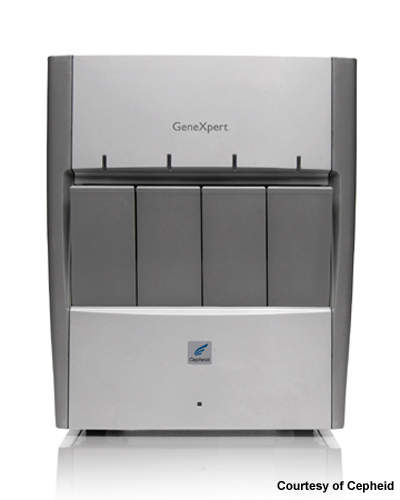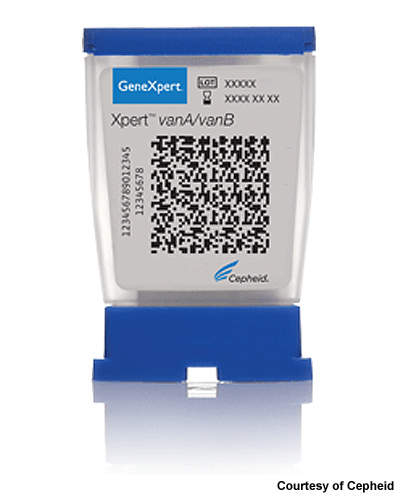Xpert vanA is a new diagnostic test kit developed by California-based Cepheid for the early and easy detection of vancomycin-resistant enterococcus (VRE). In January 2010, Cepheid announced that it had received approval from the US Food and Drug Administration (FDA) for marketing the new test kit.
Following the announcement, Xpert vanA became Cepheid’s ninth test to be approved by the FDA. It is also the fifth test kit in Cepheid’s line of healthcare-associated infections products.
Vancomycin-resistant enterococcus
Enterococci are enteric gram-positive coccoid-shaped bacteria, which are present in the human intestines and also found in the environment.
In general these bacteria are not harmful or virulent but they can sometimes cause infections. Vancomycin is an antibiotic used to treat the infections caused by enterococci.
Sometimes enterococci can become resistant to vancomycin, leading to VRE. Vancomycin resistance demonstrated by enterococcus can be categorised as van-A, van-B, van-C, van-D, van-E and van-F. The most commonly occurring of these six types are van-A, van-B and van-C.
First discovered in 1985, VRE can be dangerous to immunocompromised individuals, particularly hospitalised patients and ICU patients.
While infection from enterococci generally does not occur in healthy individuals, VRE can infect the urinary tract and/or blood stream of patients suffering from diseases such as cancer and kidney ailments. In some cases, VRE can be difficult to treat and may even be life threatening.
VRE largely spreads through direct contact with hands or medical devices that have been contaminated by an infected person. Healthcare workers and hospital staff play a key role in the transmission of the disease. Safety precautions such as washing hands, using disposable gloves and gowns need to be followed to control the spread of the disease.
Xpert vanA – quick and accurate test for VRE surveillance
Xpert vanA helps to accurately and rapidly detect the vanA gene that causes VRE. The new test kit runs on the company’s GeneXpert system, which is an automated, self-contained and fully-integrated molecular diagnostic platform. The system can carry out polymerase chain reaction (PCR) within an hour, enabling DNA tests to be conducted within a short span of time.
Using the GeneXpert system, Xpert vanA conducts an automated in vitro test in rectal swab specimens. The test uses multiplex PCR to immediately identify the presence of the vanA gene. In about 45 minutes, the test kit can deliver results and requires less than two minutes of hands-on time.
Xpert vanA clinical trials
Clinical studies on Xpert vanA were conducted to evaluate the performance characteristics of the test kit. A multi-site clinical trial was launched at three centres in the US in patients who regularly went through VRE testing.
Two rectal swab specimens were used to carry out the clinical studies. One swab was for testing using Xpert vanA, while the second was employed for patient management and transported to a central laboratory for direct and enriched culture testing.
A total of 1,231 specimens were used for conducting the clinical studies. The reliability of the results from the Xpert vanA test kit were evaluated by comparing them with the results of direct and enriched cultures with bi-directional sequencing. The clinical studies revealed that Xpert vanA was safe and as effective as direct and enriched culture testing methods in detecting VRE.
Non-clinical studies were also conducted using 30 VRE enterococci strains and 20 vancomycin sensitive enterococci strains, which were provided by the Centers for Disease Control and Prevention (CDC).
Xpert vanA successfully tested 20 of the vancomycin-sensitive enterococci strains as vanA negative. Of the 30 VRE strains Xpert vanA successfully tested, ten strains were vanA positive.
Marketing commentary
According to the CDC, one out of eight infections in US hospitals is caused by enterococci, and 30% of these infections are caused by VRE. In Europe, cases of VRE are also on the rise from 3.3% in 2001 to 7.8% in 2004. With the growing need to quickly detect VRE, Xpert vanA is expected to be a significant addition to Cepheid’s product line and boost the company’s profits.





